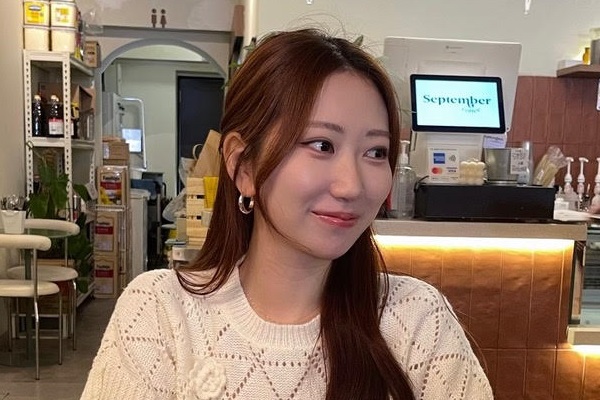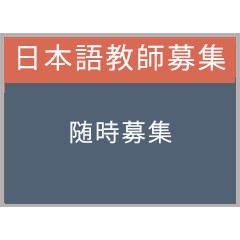Private Japanese Lessons Singapore
Japanese Tutor KYONA

Native Japanese Teacher KYONA
Native Language Japanese
Language Ability Fluent English and Korean
Born Tokyo
Nationality Japan
Japanese Courses Provided by KYONA
Private Japanese Lessons and Personalized Programs
Nice to meet you, I’m KYONA. I lived in Tokyo until I graduated from high school, and I moved to Singapore last year to go to university. Now I’m learning graphic design in school. I like learning languages very much, so I’m studying English and Korean as well as Chinese after coming to Singapore. I’m the only Japanese student in school and I don’t have many opportunities to speak Japanese, so it would be great if we could speak in Japanese like a friend!
I have strongly realised in the process of studying English and Korean, that the best way to learn a language is to communicate with native speakers, so I hope that everyone will enjoy learning real and practical Japanese through talking with me. I’m looking forward to seeing you at the lesson!
初めまして、Kyonaと申します。生まれてから高校卒業まで東京で過ごし、去年大学進学のためにシンガポールに移ってきました。今は大学でグラフィックデザインを勉強しています。私自身も言語を学ぶのがとても好きで英語と韓国語、またシンガポールに来てからは中国語の勉強も始めました。学校に日本人が私しかおらず日本語を話す機会が少ないので、友達のように日本語でお話しできれば嬉しいです。
私は英語と韓国語を勉強する過程で言語を学ぶベストな方法はネイティブとコミュニケーションを取ることだと強く実感した経験があるので、皆さんも私と話しながらリアルで実践的な日本語を楽しんで学んでもらいたいと思っています。レッスンでお会いできるのを楽しみにしています!
Japanese Teaching Approach
教えたことのない初心者に優しいスタイルであればどれでも構いません。教材に沿って説明するのが一番いいかと思います。
Ask KYONA Teacher Japanese Learning Questions
KYONA先生へ「~に~」と「~へ~」と「~まで~」の違いについて教えていただけないでしょうか?
KYONA先生’s Answer:
「〜に〜」は向かっている目的を強調している。
例:「Aさんの家に行く」では「Aさんの家」を強調している。
「〜へ〜」は向かうこと自体を強調している。
例:「Aさんの家に行く」では「行く」を強調している。
「〜まで〜」は向かっている目的までの道のりを強調している。
例:「Aさんの家まで行く」は今いるところからAさんの家に行くことを強調している。
KYONA先生へ「~は~」と「~が~」の違いについて教えていただけないでしょうか?
KYONA先生’s Answer:
「〜は〜」は説明するときに使う。
例:「私は土橋です」 私の名前が土橋だという説明
I’m Yukino
「〜が〜」は動詞文の主語。
例:「私が土橋です」 どこかで噂されていたとして、その人物が「土橋」であることを伝えている。
I’m that ‘Yukino’
KYONA先生へ「~だったら~」と「~でしたら~」の違いについて教えていただけないでしょうか?
KYONA先生’s Answer:
「〜だったら〜」はタメ語で、「〜でしたら〜」は敬語。
同じ年の方に使うのであれば「〜だったら〜」でいいが、上司などには「〜でしたら〜」という風に使うと丁寧になる。
Ask KYONA Teacher Japanese Culture Questions
中国では7月7日は情人节(Qing Ren Jie)と言い、バレンタインデーとされていますが、日本では七夕(たなばた)と呼ばれており、願い事が叶う日とされています。天にいる織姫と地にいる彦星が出会い、好きになるというお話です。しかし、中国とは違い、二人とも遊んでばかりで働かなくなったので天の神様が天の川を作って、二人を引き離したことになっています。真面目に働いたら、1年に1度に二人を会わせる、と天の神様は約束し、その日を「七夕」と呼ぶようになりました。日本では短冊と呼ばれる細長い紙に願い事を一つ書いて、笹の葉に括り付けると願い事が叶うと言われています。


Stay in Touch
RSS
Facebook
Twitter
Google +1